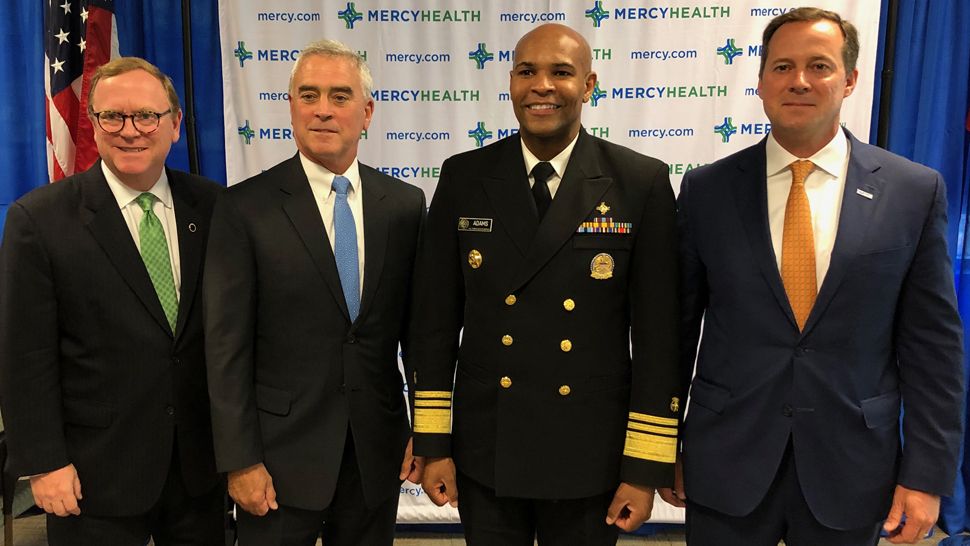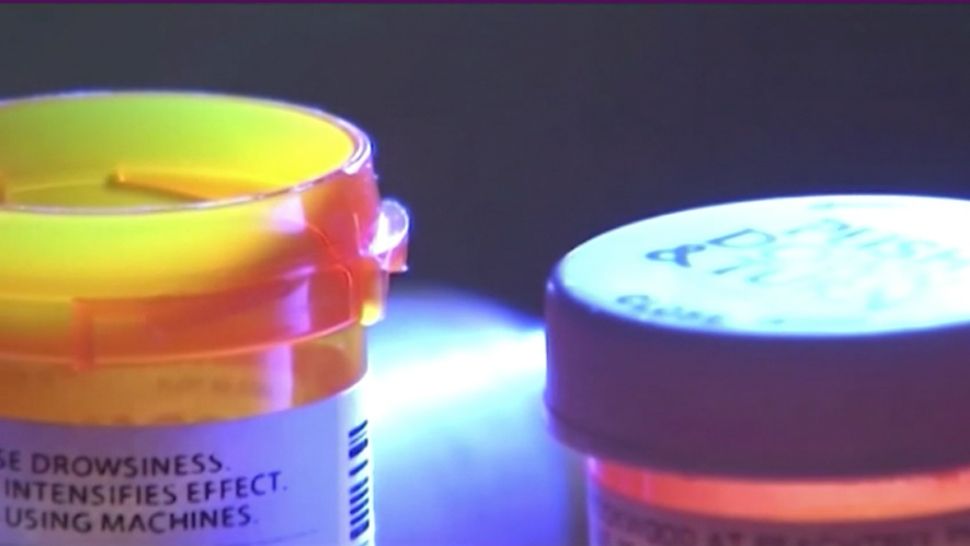CLEVELAND, Ohio— “If somebody is going to leave the hospital with an opioid prescription, we want to make sure it’s very intentional and still needed, and not a just in case seven-day dose,” said University Hospitals VP of Clinical Operations Jonathan Sague.
- Cleveland's University Hospitals is using an app to help fight the opioid epidemic
- Tests showed the app kept 12,000 opioid pills out of circulation in a six-month period
- An Ohio company is expected to be formed by the end of the year to help market the program
Sague and Vice President of UH Ventures, Sam Brown say the UH Care Continues platform will make workflow more efficient and prioritizes a doctor's cases on a given day.
“There's consultation with the bedside nurse, the prescribing provider, that's a physician or advanced practice provider, and we're determining if it’s still appropriate for the patient to go home with an opioid as we approach discharge, so we're talking about it days in advance,” said Sague.
The logistics-based app poses a number of questions to help doctors assess a patient's current need for pain medication.
And an algorithm determines if a patient needs an opioid or can be treated with something that’s less potent and less addictive.
The current approach across the country is done on paper, and not in real time.
Firefighter and paramedic Sam Brown designed the program, based on a checklist system, similar to one developed by the airline industry decades ago.
“Somebody would ask a question, and somebody would affirm the answer to it. So, when we think about healthcare, there's certain things that we want to affirm, just to make sure that our fidelity to process is strong,” said Brown. “If you can imagine a hospital with a thousand beds in it, how do you make sure as a bedside nurse, that a social worker goes and sees a patient at the right time? It's really orchestrating and connecting all those folks virtually, so the care is well-orchestrated for patients.”
The hospitals’ technology recently won a $1 million dollar grant from the state as part of the Ohio Opioid Technology Challenge to help combat the problem.
Tests showed the app kept 12,000 opioid pills out of circulation in a six-month period.
Brown feels the best approach to solving the opioid crisis is focusing on solutions that don't vindicate or victimize people.
University Hospitals is confident its platform will help other health systems across the country solve the same problem.
“Every little bit helps, so making sure we're doing whatever we can to prevent these things upstream and to make sure that going home again with opioids are going home safety is what's paramount for us,” said Brown.
By the end of the year, a new Ohio company is expected to be formed to help market the program.
For more information on UH Ventures visit their website.








